A new bill introduced in the closing hours of Alaska’s legislative session seeks to expand protection for the Bristol Bay region, home to a prolific wild salmon fishery that produces over $2.2 billion in economic output and supports over 15,000 Alaskan jobs. The bill, introduced by Speaker of the House Bryce Edgmon (I- Dillingham) and Representative Andy Josephson (D- Anchorage), would ban metallic sulfide mining, also known as hard-rock mining, throughout the Bristol Bay Fisheries Reserve, where oil and gas development is already banned without approval of the Alaska legislature.
The ban would greatly expand the area currently protected by the EPA under the Clean Water Act, which is centered around the proposed Pebble Mine. The new reserve-wide protections would encompass the entirety of the Bristol Bay watershed, where over 20 mining claims remain active in the wake of the battle over the Pebble Deposit. Additionally, if passed by the state legislature, the bill would create multi-layered protection — based on both state and federal regulations — for the region.
The Bristol Bay Fisheries Reserve was first established in 1972 under the leadership of then state senator and later Alaska Governor Jay Hammond, recognizing the need to protect the sensitive region and its immensely valuable wild salmon fishery from the dangers of fossil fuel extraction and development.
According to Daniel Schindler, Ph.D., Professor in the School of Aquatic and Fishery Sciences at the University of Washington, “The iconic fisheries in Bristol Bay ultimately depend on the vast and productive watersheds that provide the spawning and nursery habitats for salmon. Industrial scale efforts to extract metals from the sulfide-rich deposits found throughout Bristol Bay watersheds pose substantial and unavoidable risks to salmon fisheries because it is clear that these activities will permanently alter stream flows, and will contaminate surface and ground water sources. Mining of these sulfide-rich deposits will also require perpetual retention and maintenance of waste materials that will generate contaminants directly toxic to fish for centuries. These activities are both economically expensive and are simply not compatible with strategies to sustain commercial, sport, and subsistence fisheries in the future.”
As a result of the bill being introduced in the waning hours of the Alaskan legislature’s first of two legislative sessions, the bill will automatically be up for consideration when the legislature next convenes in January of 2026.

Reactions to the bill from various stakeholders throughout the region have been positive. Katherine Carscallen, Executive Director of Commercial Fishermen for Bristol Bay said “Bristol Bay continues to deliver record-breaking salmon runs and harvests ... These irreplaceable salmon runs and the industry and people they support warrant action. We have to ensure they are never traded away for the short term profits from incompatible mining development in the region.”
Alannah Hurley, Executive Director of United Tribes of Bristol Bay noted, “Bristol Bay is ready to focus on sustainable growth and the wellbeing of our communities. We should not be condemned to endless decades of fighting to protect our ways of life from large-scale mines like Pebble. This legislation will free Bristol Bay Tribes and our people so we can focus on building a sustainable future for our region and state. We are so thankful to Speaker Edgmon and Representative Josephson for being champions for Bristol Bay and Alaska’s fisheries.”






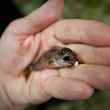
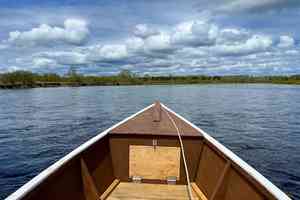


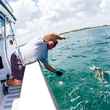
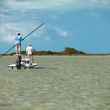
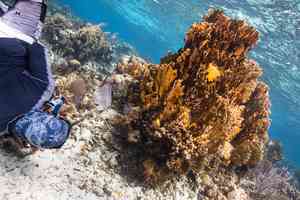



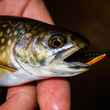



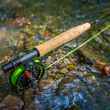
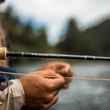



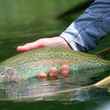
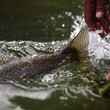
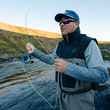

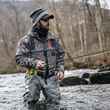
Comments
Bubba replied on Permalink
Better to stop the bottom dragging nets that destroys the habitat of the sea floor
Seems this is just a political stunt
Kerry replied on Permalink
I am happy to hear this news! Thanks for the report.
Pages